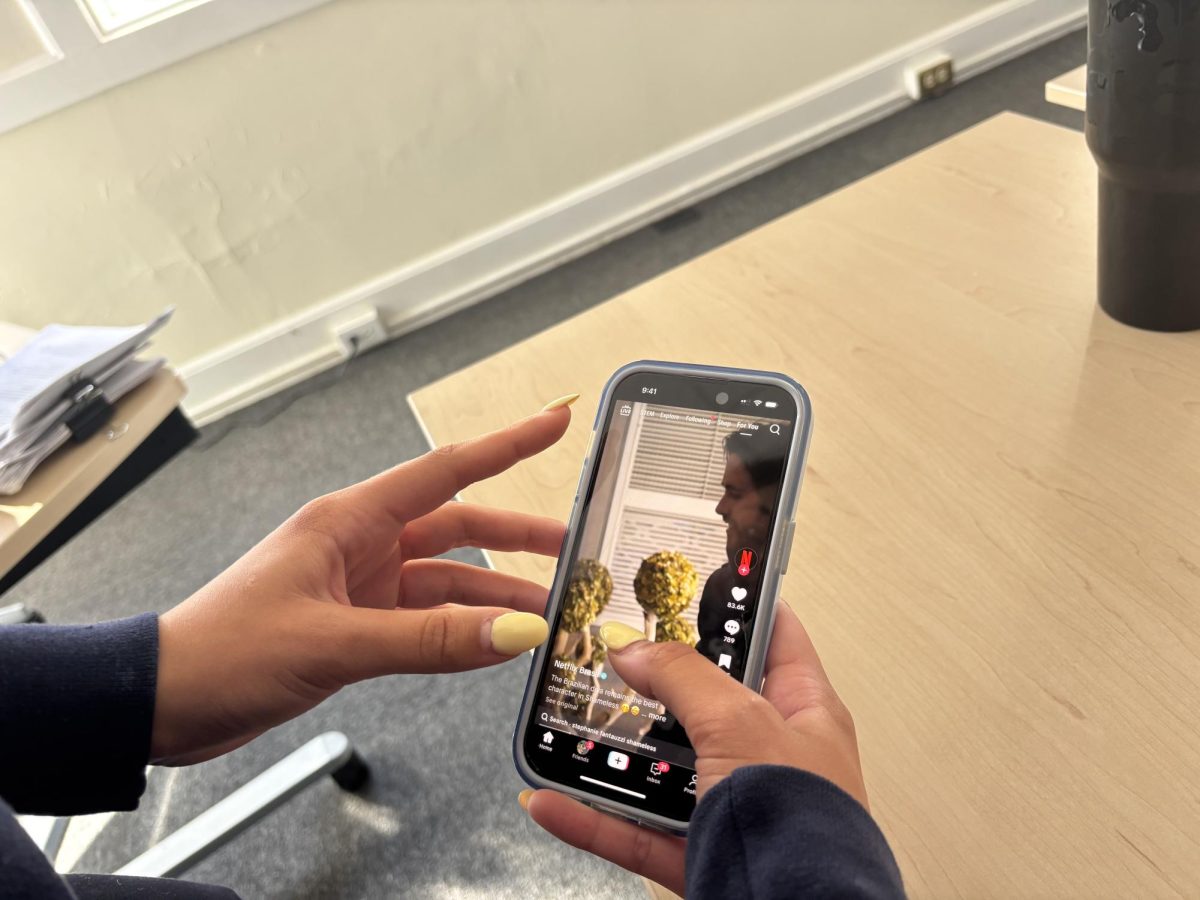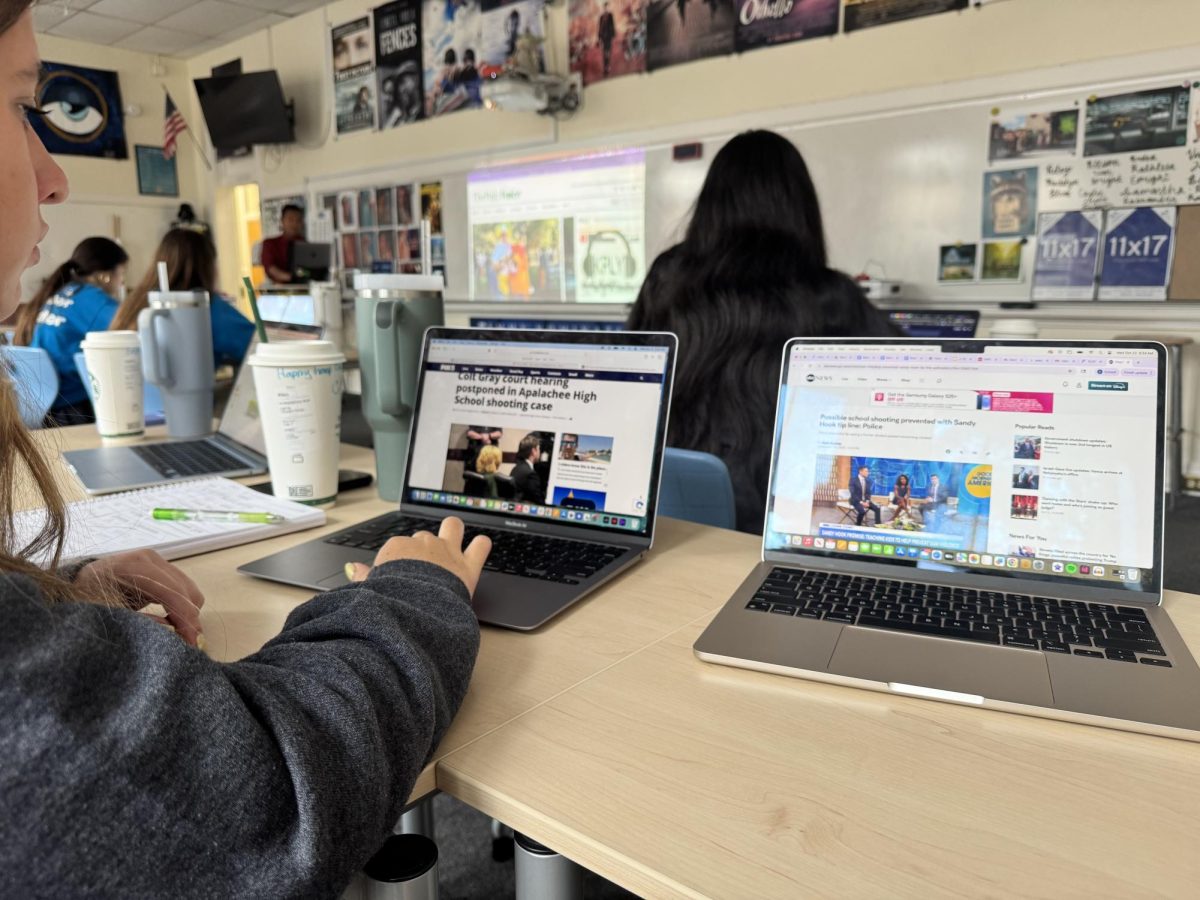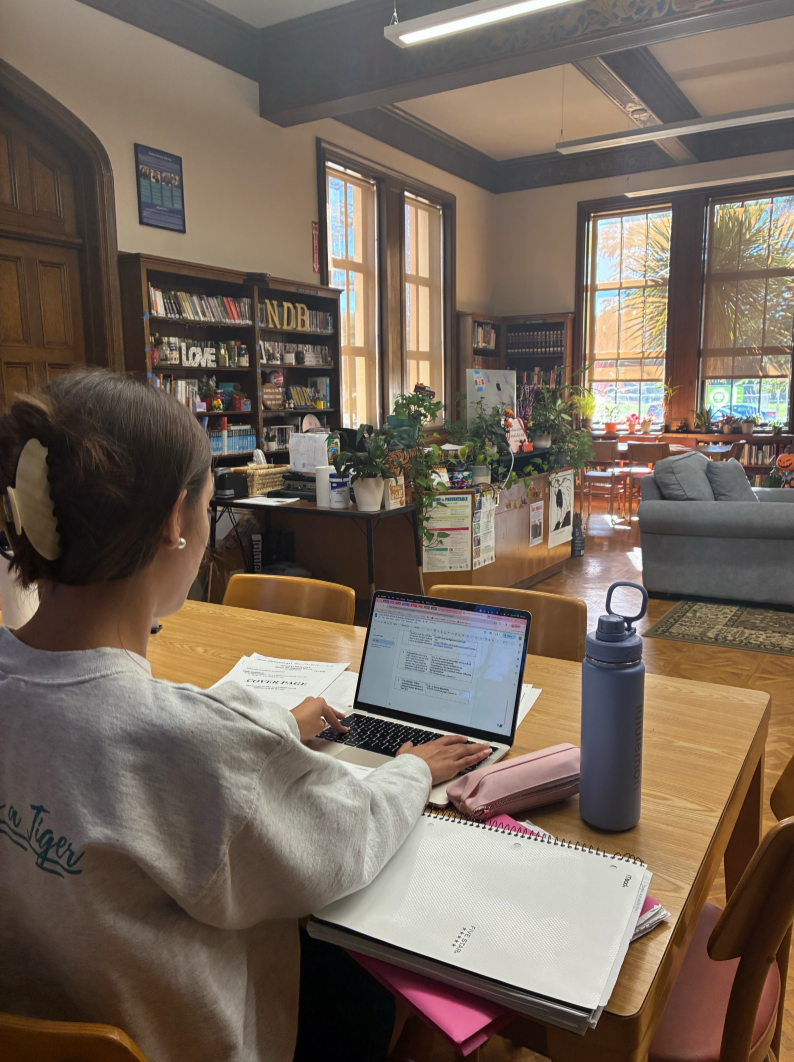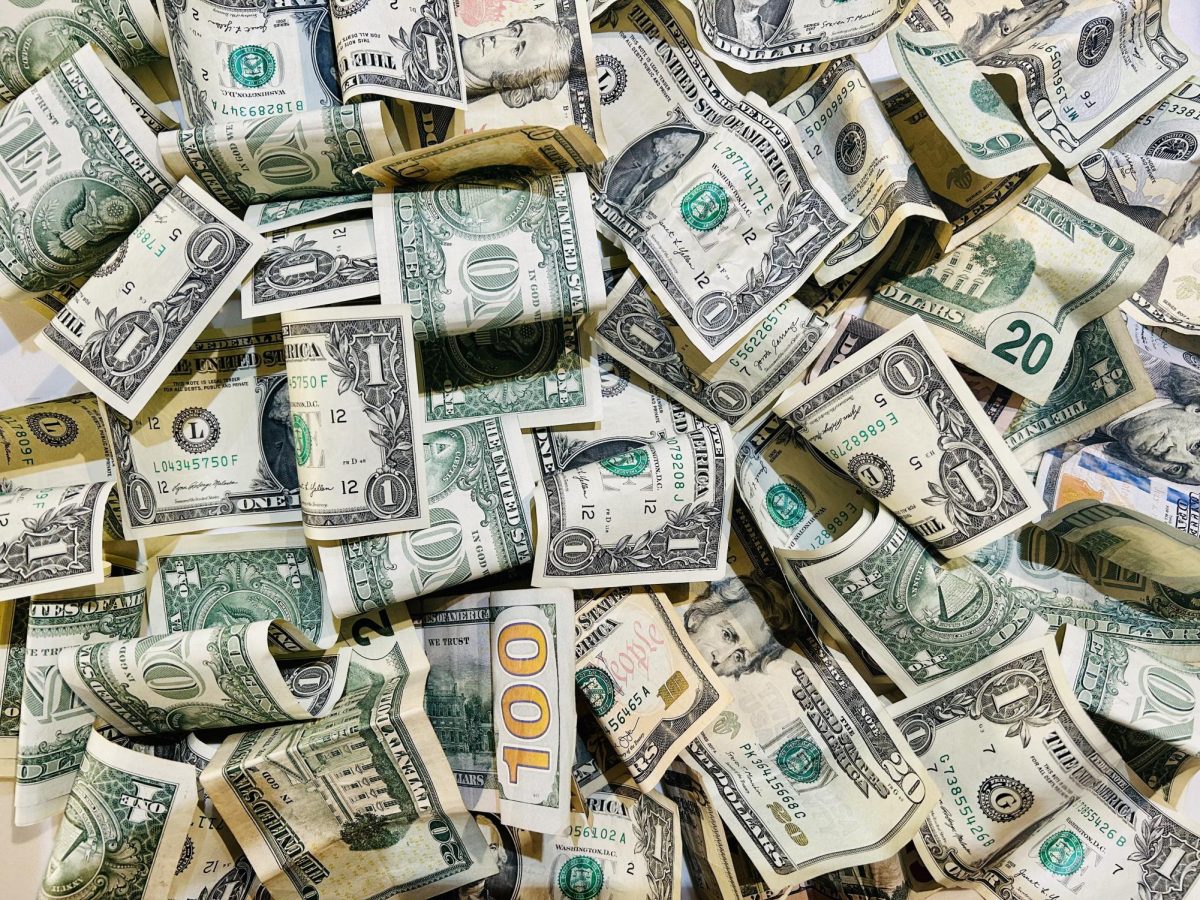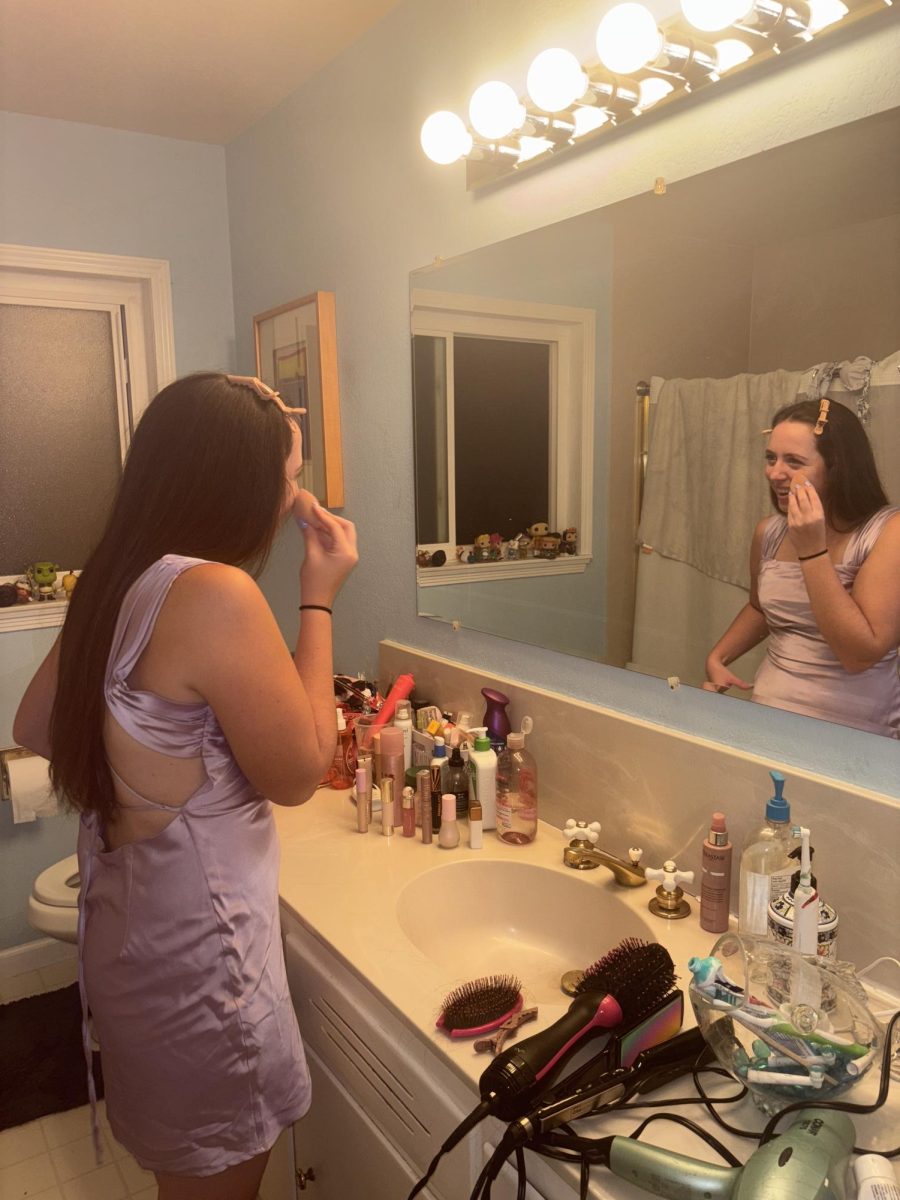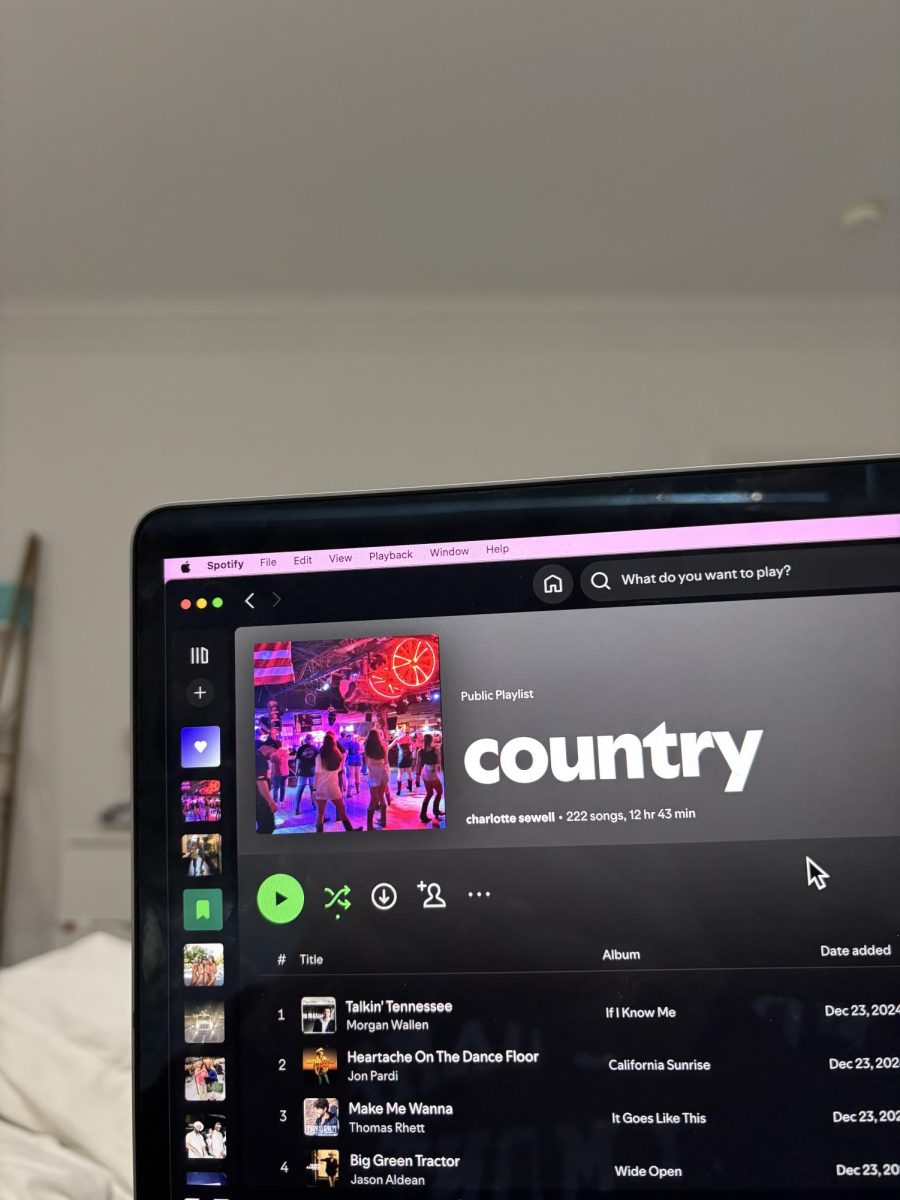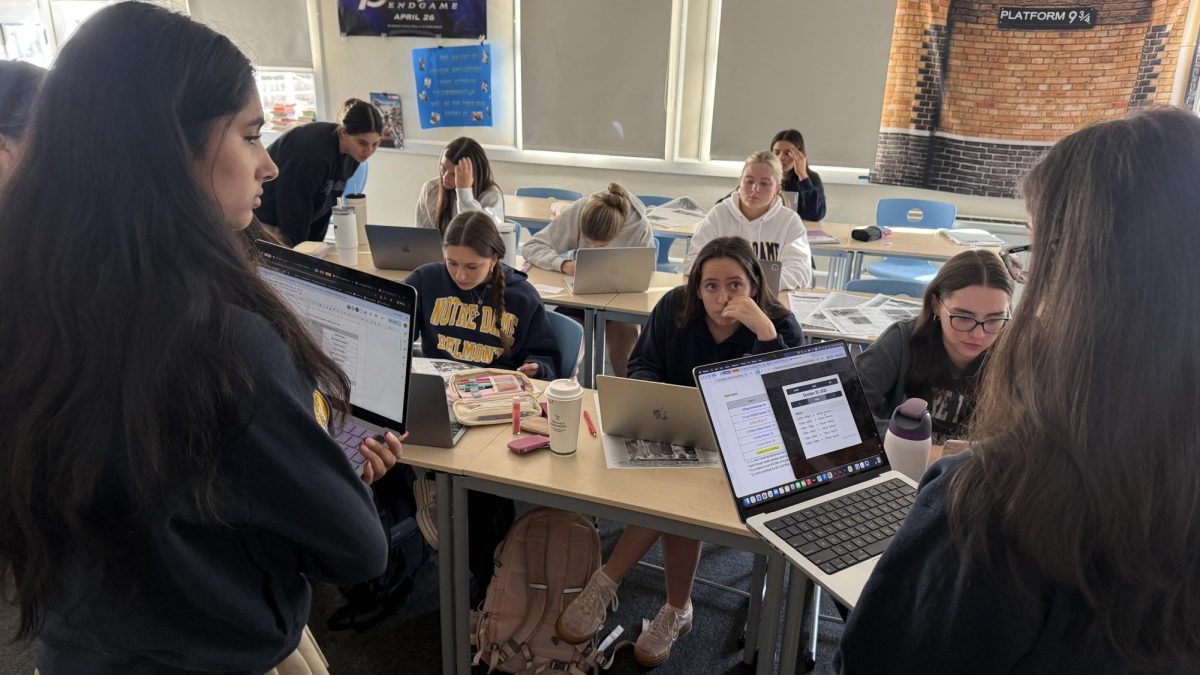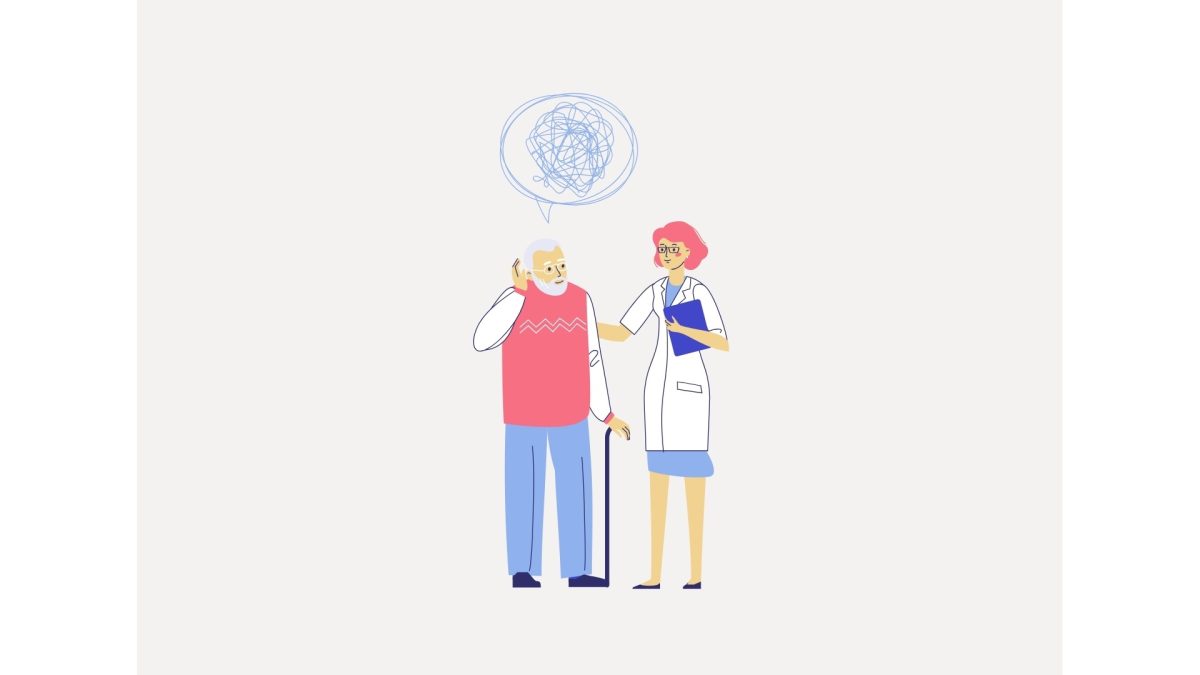These days, many people are turning to TikTok for quick facts and answers, almost like they once did with Wikipedia. Short videos can make learning fun and fast, especially for younger audiences. With trending sounds and visuals, TikTok makes information feel more engaging and easier to remember.
Still, this raises an important question: how reliable is the information? Wikipedia is by no means perfect, as anyone can edit it, but it does have editors and volunteers who check accuracy and flag false information. TikTok, on the other hand, does not have the same system in place. Anyone can post a video, and sometimes creators spread misinformation—either by mistake or on purpose.
Both TikTok and Wikipedia are widely used, but because of how they’re created and shared, misinformation can spread. For instance, on TikTok, there are lots of health “myths” and videos spreading false claims for views and likes on their videos. Some TikTok users have shared videos saying that drinking raw potato juice can cure strep throat or relieve a sore throat overnight. This is misleading to viewers because there is no scientific evidence, and potato juice has no antibacterial properties proven to kill streptococcal bacteria. TikTok misinformation often spreads fast because of virality and emotional appeal.
Wikipedia, on the other hand, publishes and shares biased edits. This includes pages about controversial topics (politics, current conflicts) that sometimes get edited with one-sided or false information. Anyone is able to edit, so people sometimes insert jokes or insults that cause vandalism. Wikipedia misinformation usually comes from deliberate edits, errors or outdated information, but it’s more likely to get corrected by the community over time.
This lack of accountability makes a big difference. While Wikipedia has rules and people watching over the content, TikTok relies on its creators, who may not always check their facts. That means it’s up to the viewer to question what they see, compare it with other sources, and decide whether it’s trustworthy.
In the end, TikTok and Wikipedia both show how learning has changed in the digital age. They can both be useful, but only if people are careful. TikTok may grab attention, but like Wikipedia, it should just be a starting point—not the final word.

